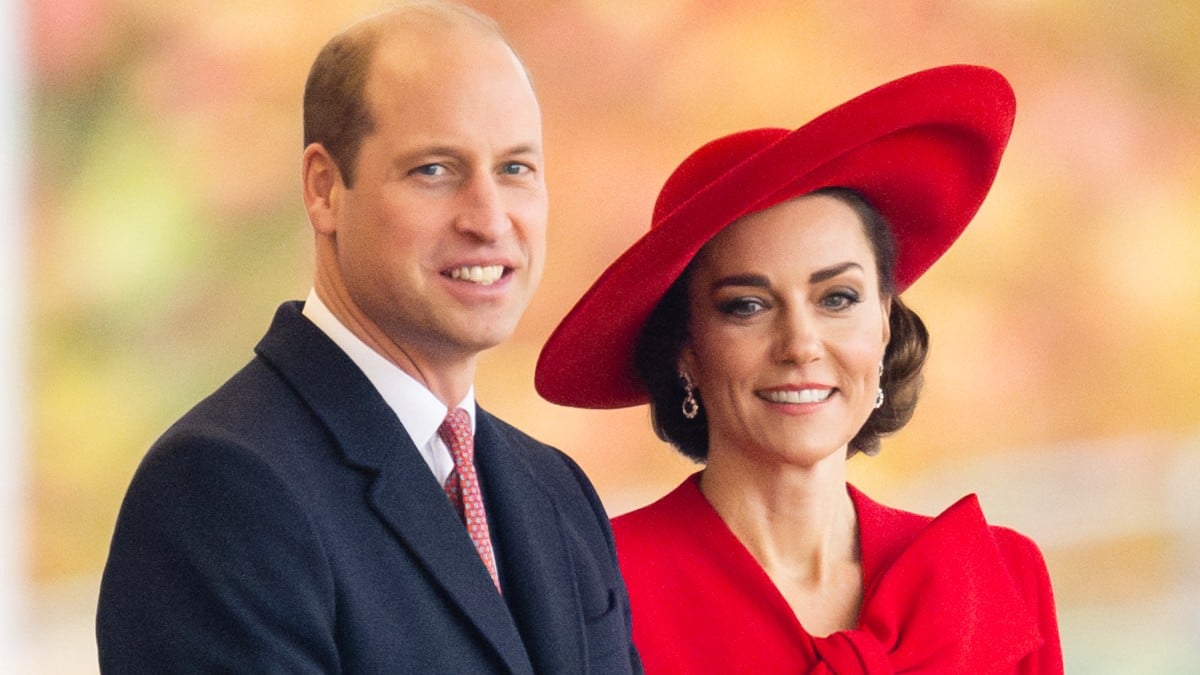The British Royal family has not had the best luck in the last few years. The Queen is gone and they were dealt another double hand of bad news pretty soon after: Both Kate Middleton and her father-in-law, King Charles III, revealed cancer diagnoses in close succession. While the latter still shared a few details, the Princess of Wales has refused to divulge any part of her diagnosis.
Of course, this has led to many speculations that will not end simply because Kate finally made a public appearance — only to unleash a brand new rumor. But still, many still wonder about the kind of cancer she is suffering from.
Middleton was diagnosed earlier this year and she announced the news in a video message. She said the cancer was discovered after she had abdominal surgery and like King Charles III, she’s undergoing preventative chemotherapy.
“This of course came as a huge shock, and William and I have been doing everything we can to process and manage this privately for the sake of our young family,” Kate said in the video message. The message followed months of rampant speculation that she was sick and was photoshopping images of herself to appear healthy.
On Jun. 14, she gave the public another rare update, revealing that she continues to get chemotherapy and has “a few more months” of it to go through. She also shared the optimistic sentiment that she’s making “good progress.”
She talked about how hard it was to get through but that she is “blown away” by all the support she’s gotten from everyone. She also seemed to be slowly making her way back into public life: “I’m looking forward to attending The King’s Birthday Parade this weekend with my family and hope to join a few public engagements over the summer, but equally knowing I am not out of the woods yet,” she said.
Let’s be clear: neither Princess Kate nor Kensington Palace have revealed, or even hinted at, the type of cancer she’s dealing with. However, one surgeon who spoke to TMZ said that she probably has either uterine or ovarian cancer.
Dr. George Crawford said that these types of cancers are discovered after surgery for either cysts or fibroids. These procedures are often routine and cancer is usually discovered after a mass is tested.
“I’m guessing what probably happened is they were doing just that—assuming they were removing just a cyst or removing her uterus for something benign, [and] when they sent it for evaluation, it came back [as having] cancer.”
He also said that it takes four to six weeks to recover from that surgery before chemo can even begin.
For now, the details about her cancer are shrouded in the same cloak of mystery that shields the exact trajectory of her treatment and the need for photoshopped images when Kate looks healthy enough to click a fresh picture with her children.

